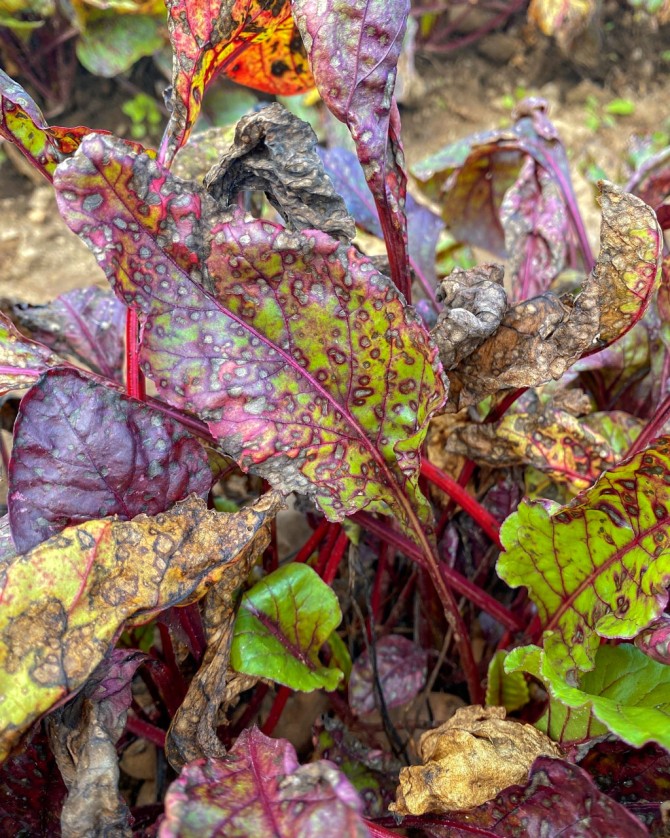The Australian Capital Territory will ban a number of additional plastic items from 1 July but has abandoned its proposal to ban plastic takeaway containers and expanded polystyrene (EPS) packaging for electrical goods.
The ACT will ban single-use plastic plates and bowls, expanded polystyrene loose fill packaging, expanded polystyrene trays and plastic microbeads on 1 July. It will also ban thick plastic carry bags on 1 July 2024. However, it has abandoned its proposal to ban plastic takeaway containers and expanded polystyrene (EPS) used to pack electrical goods in cartons.
Western Australia and South Australia will ban plastic takeaway containers in 2024, while WA will ban moulded EPS packaging in 2025. EPS is not recyclable through household kerbside collection systems and there are no alternative collection systems available.
AMCS Plastics Campaign Manager Shane Cucow, who is attending the global plastics treaty negotiations in Paris, said: “We are pleased to see the ACT Government’s decision to ban plastic plates, bowls, microbeads and some expanded polystyrene items on 1 July.
“Impossible to recycle in the ACT, every one of these items removed from circulation is one less piece of plastic being burned, buried or lost in the natural environment, threatening animal and human health.
“However, we are extremely disappointed to see the ACT Government delay a ban on thick plastic bags and abandon entirely proposals to ban moulded polystyrene packaging and takeaway containers, after pushback from product manufacturers and supermarkets.
“Alternatives to these items already exist. The majority of Australia’s supermarkets have now phased out thick plastic carry bags in favour of reusable and paper bags, recognising the threat they pose to wildlife.
“We really need a harmonised roadmap for banning single-use plastics across all states and territories.
“Plastic pollution is a global emergency, killing millions of marine animals every year. If we don’t act urgently, this problem will rapidly get worse, with ocean plastic projected to triple by 2040.
“Right now, the world’s nations are meeting in Paris to continue negotiations on a global treaty to end plastic pollution, recognising that rapidly rising plastic production is causing a global emergency. Every day we wait, more animals die.”
Australia generates more single-use plastic waste per person than any other country except Singapore, generating an estimated 59kg of plastic waste per person annually – almost four times the global average of 15kg per person. Single-use plastics account for over 60% of global marine plastic pollution.







